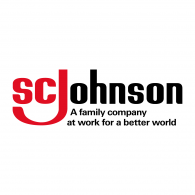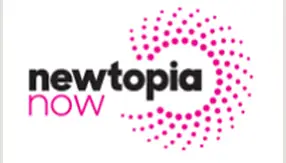 Due to the pandemic, poverty is expected to increase around the world. According to the World Bank, the level of extreme poverty (those making less than $1.90 per day) could rise to as many as 150 million people. This comes at a time when eight million metric tons of plastic waste enter the oceans every year, equating to one garbage truck’s worth of plastic being dumped into our oceans every minute. Specifically, about 60 percent of the world’s ocean plastic comes from Southeast Asia. To combat these issues, The Plastic Bank and SC Johnson have teamed up to create a new recycling ecosystem called Social Plastic®, which has already prevented 1 billion bottles from entering our oceans and is helping provide work for impoverished people in Asia’s coastal communities. This solution is helping workers in Indonesia make 42% income per day than the average person. In the Philippines, its 25%.
Due to the pandemic, poverty is expected to increase around the world. According to the World Bank, the level of extreme poverty (those making less than $1.90 per day) could rise to as many as 150 million people. This comes at a time when eight million metric tons of plastic waste enter the oceans every year, equating to one garbage truck’s worth of plastic being dumped into our oceans every minute. Specifically, about 60 percent of the world’s ocean plastic comes from Southeast Asia. To combat these issues, The Plastic Bank and SC Johnson have teamed up to create a new recycling ecosystem called Social Plastic®, which has already prevented 1 billion bottles from entering our oceans and is helping provide work for impoverished people in Asia’s coastal communities. This solution is helping workers in Indonesia make 42% income per day than the average person. In the Philippines, its 25%.
Alan VanderMolen, Chief Community and Communications Officer for SC Johnson, explains how this unique program can help tackle both poverty and plastic waste in one-go and why this is important. You’ll learn how collecting materials and using them to reintegrate plastics into everyday products and packaging creates a closed-loop supply chain while increasing incomes for people in underserved communities in Asia. Take Windex for example – the popular household cleaner’s bottle is made from 100% Social Plastic collected from the beaches in Southeast Asia alan jons Mark Alyn on this edition of Late Night Health.
for more information visit www.SCJohnson.com



